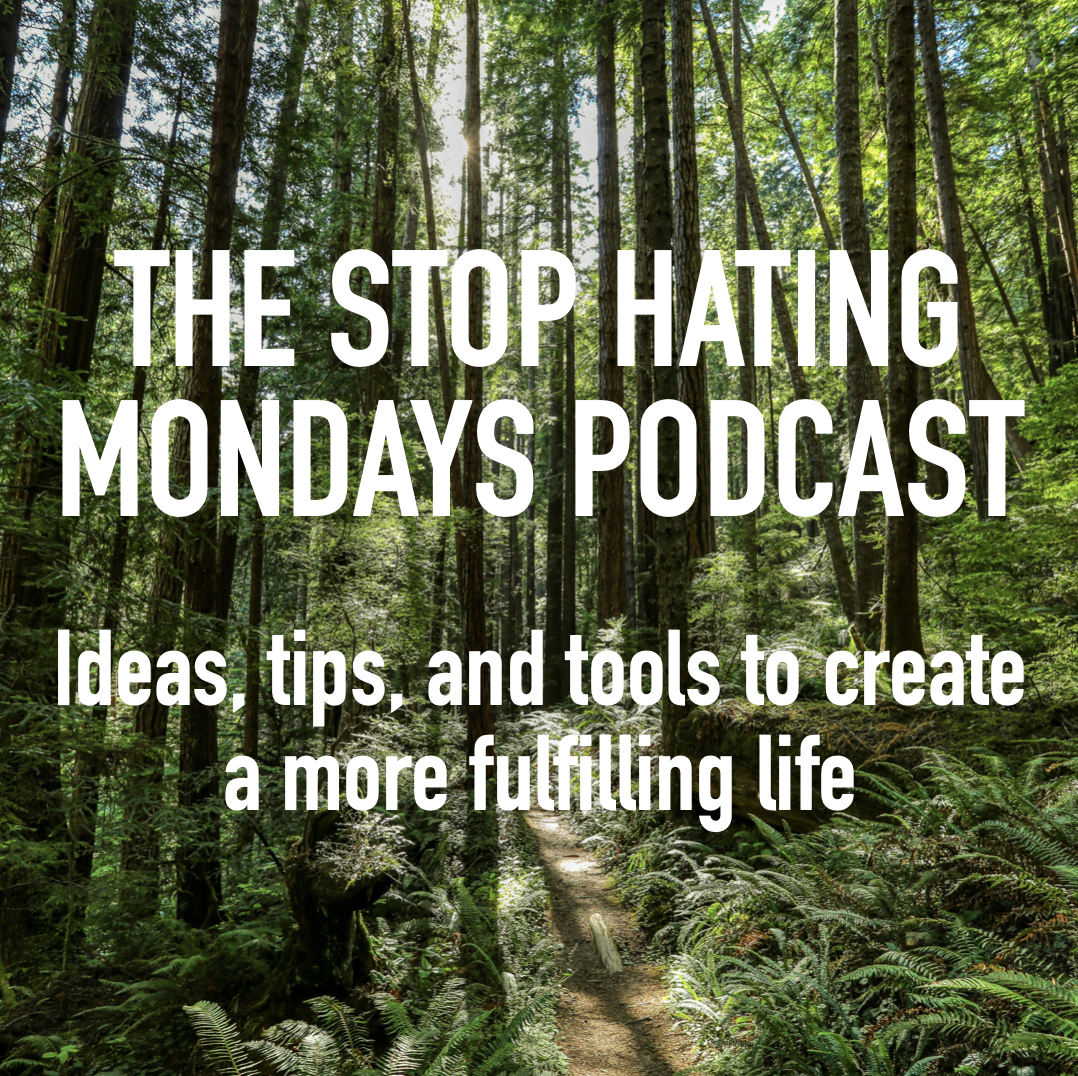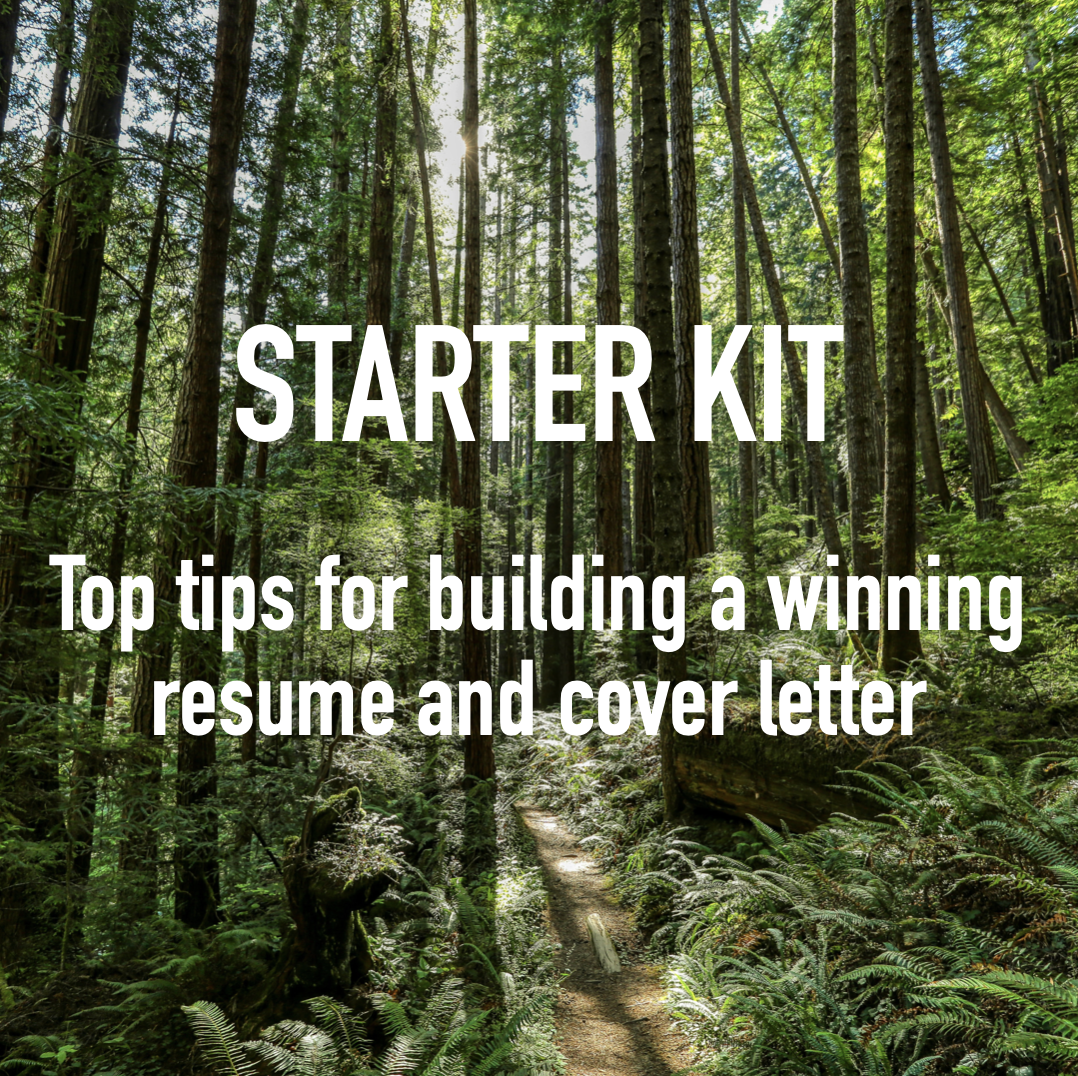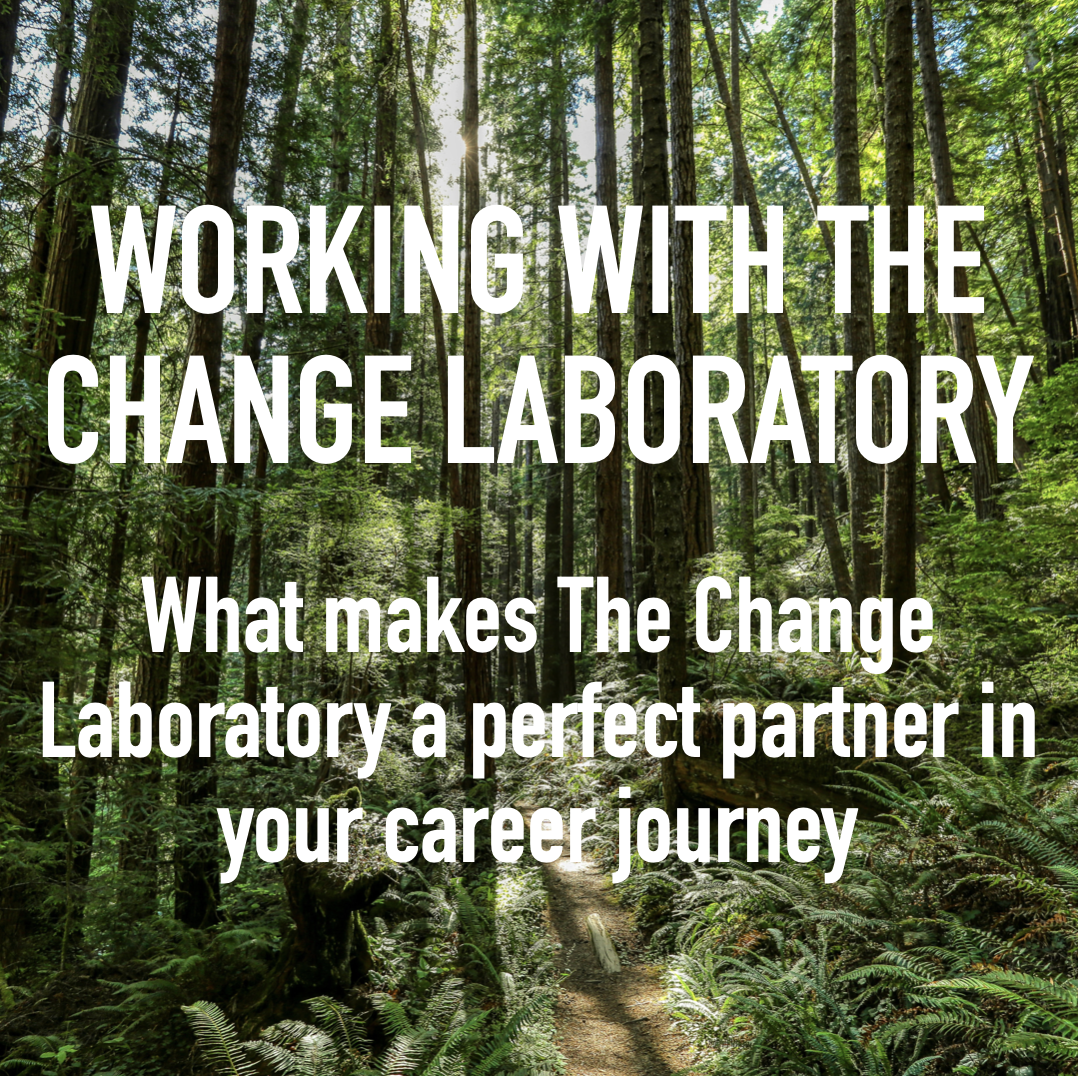How to Put Your Strengths to Work
Kent R.
Knowing your strengths is a critical and major step on the path to professional and personal fulfillment. But knowing your strengths doesn’t immediately translate into the feeling that you are USING those strengths.
So, on this episode of The Stop Hating Mondays Podcast, we’re talking about how to make sure that – once you know your strengths – you are actually putting those strengths to work.
TRANSCRIPT
(Transcripts are auto-generated and may contain minor errors)
Caanan
Knowing your strengths is critical and a major step on the path to professional and personal fulfillment. But knowing your strengths doesn't immediately translate into the feeling that you are using those strengths.
I'm Caanan, and that's what Kent and I are discussing on this episode of the Stop Hatting Mondays podcast – how to make sure that once you know your strengths, you are actually putting those strengths to work.
I think this is going to be very helpful for a lot of people.
Caanan
Kent, you always have such great insights when it comes to strength. You're kind of our resident strengths guy, if you will, so I'm really happy to be asking this question that came in from Ruben.
He asks, “My strength assessment tells me I am using none of my strengths in my current job. What can I do?”
Kent
Yeah, this this is a… strengths, period, is a very interesting thing because we have to back up and – again here I want to kind of plug our prior seasons – go back and listen to our foundational season.
We get into discussion of strengths so much because it truly is fundamental. Knowing your own strengths is fundamental not only for you living a fulfilled professional life, but also living a fulfilled life period.
So, first, I want to say to Ruben, this doesn't surprise me because people don't have a handle on their strengths, period. Second of all, people have an impossible time seeing how they can put their strengths to work in a place where they feel like they don't have an opportunity to use them. People have a major block. So I always like to start with the most basic example.
You know, somebody who say is working in retail customer service or something where they just can't see how there's anything meaningful in that, and how it will matter, or how it can look good on job search documents, or how – most predominantly – it's utilizing their strengths.
So, in this case you get that person to see the myriad examples where they're defusing angry customer situations, where they're helping to, say, ease the flow of a busy operation. They're creating a calm, fluid environment.
Caanan
Where they're building relationships?
Kent
Yeah, they're having to make difficult decisions to benefit the company and to make the customer feel heard.
All of, I mean, just those examples right there that I gave are striking on strengths that are going to show up, you know, once you actually know your strengths.
Once you take a battery to tell you – a test to tell you what your strengths are, you're going to be able to see those alignments and, often times, it takes an outside expert like us to help people see, you know, somebody saying like, “I don't do any of this in my job,” and to say, “well, actually you do.”
Yeah. And then what's interesting – and what I would tell Ruben – is these are probably the things that he not only can't see, but that he's actually probably really good at and could lean into in his job to find more satisfaction in that job.
While – as I'm sure as the case with Rubin – while he works his way into something, be it a different job at the same company or a huge switch that more profoundly aligns with his strengths.
Caanan
So, what you were just saying, Kent, is very interesting because – what it comes down to is – if you're in a job that doesn't feel fulfilling, you may have a hard time identifying how you're using your strengths in that position.
Paradoxically, if you stop and look at how you're using your strengths in your current position you may be more fulfilled in that.
So I think this is a very important thing for people to understand.
What you're saying is that you can essentially use your natural strengths and talents in any role.
Kent
Yeah, I mean honestly, I gave that example to somebody in customer service for illustrative purposes, even if on some wild fluke you there wasn't really a natural opportunity to be using your strengths and talents in your job, I would advise you to create ways to bring those natural strengths and talents to your job, because no matter what your job is, if you're bringing your natural strengths and talents – and easing them in, or forcing them in in some way – you're going to be happier at work. Your employer is going to be happier with you. And you're going to have that momentum then to continue to grow.
And this is something that I, you know, I think of a lot, and your question really made me want to be sure to mention, and that is you can always be doing something with your strengths and talents.
So number one. You've got to figure out what those are for life success and for work success.
Number two. You can always be using them so we work with a lot of professionals who feel stuck and want to move on. And it's not the right time, and you know this dilemma is going on, so I can't switch my careers now.
How do I keep from being miserable?
The way you sustain and grow.
So, in those times when you can't be on working on the big leap, you lean into applying your strengths and talents to your current job. It's like medicine that then propels you to not only be growing, but to be getting into a situation were you can be using those strengths and talents even more.
Caanan
Final question. Actually, what I'm about to share is more of a statement, but I want to hear your thoughts on it nonetheless.
What we're really talking about here is building a more natural alignment between your work and who you are. You want your work – essentially, the outward you – to align with the internal you.
Kent
Yeah, we just walked right back into our phrase that pays. You have many roles, but there is only one you, so you are exactly right.
The more you have a grip on who you are – that one person you are with many roles – then the more aligned you are in all the roles in your life.
And that's the goal. That's where the deep work is. And that's where the fun work is.



